“L’elogio della lentezza” (The praise of slowness) is the captivating title of a book that I always wanted to read and that exalts a lifestyle similar to the first month of the Novitiate.
The days here run slowly despite the many occupations marked by the deep chimes of silence and you have the opportunity to enjoy those little pleasures otherwise alien: a relaxed look at the Gulf of Genoa, a calm game of soccer, browsing through a book, a bit random, partly for curiosity. And the inner quiet is the absolute novelty compared to the previous life characterized by the daily doings that leave no room for breaks and reflections. However, silence is fundamental to shed light on the fragments that enrich a day: community life, apostolate, prayer, study.
In fact, before lunch and after dinner we are all called to live moments of personal re-reading in which, thanking for what we have received, we try to gather the many memories towards a single center. Each of us leaves behind important stories, affections, studies, works, habits and awareness that in the rereading assume colors and flavors absolutely new.
While I write this the words that I treasure from the end of Petrarch’s Secretum come to my mind: “I will collect the scattered fragments of the soul and I will watch diligently over myself”; so we too do a little work of reconstruction of ourselves and personally I feel much wonder in being able to bring everything back to the unity that is Jesus Christ. Living and offering daily life, even what might seem more banal or superficial, is precisely the first great challenge I am called upon to face as a novice.
Pasquale Landolfi, novice of the first year

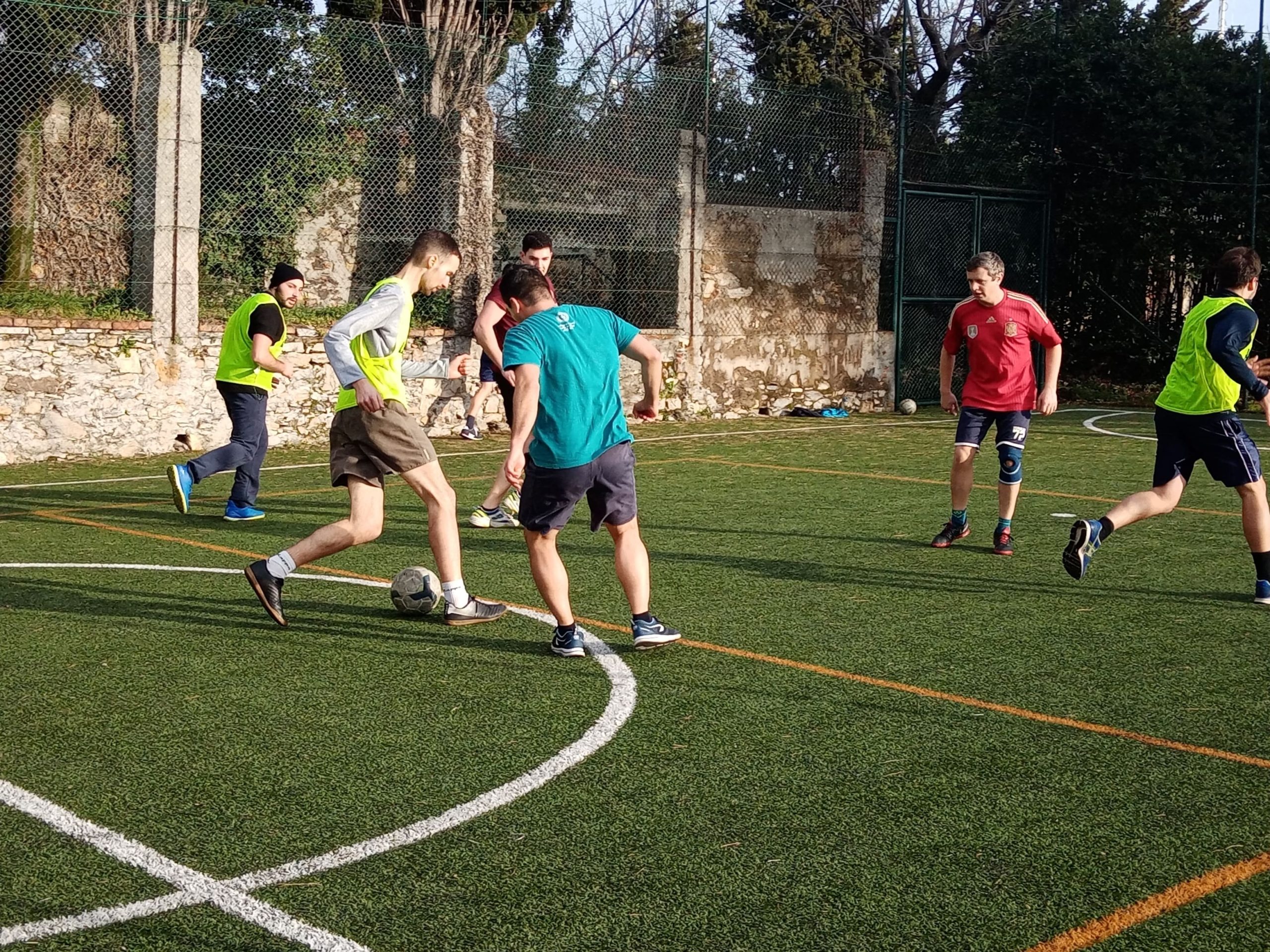
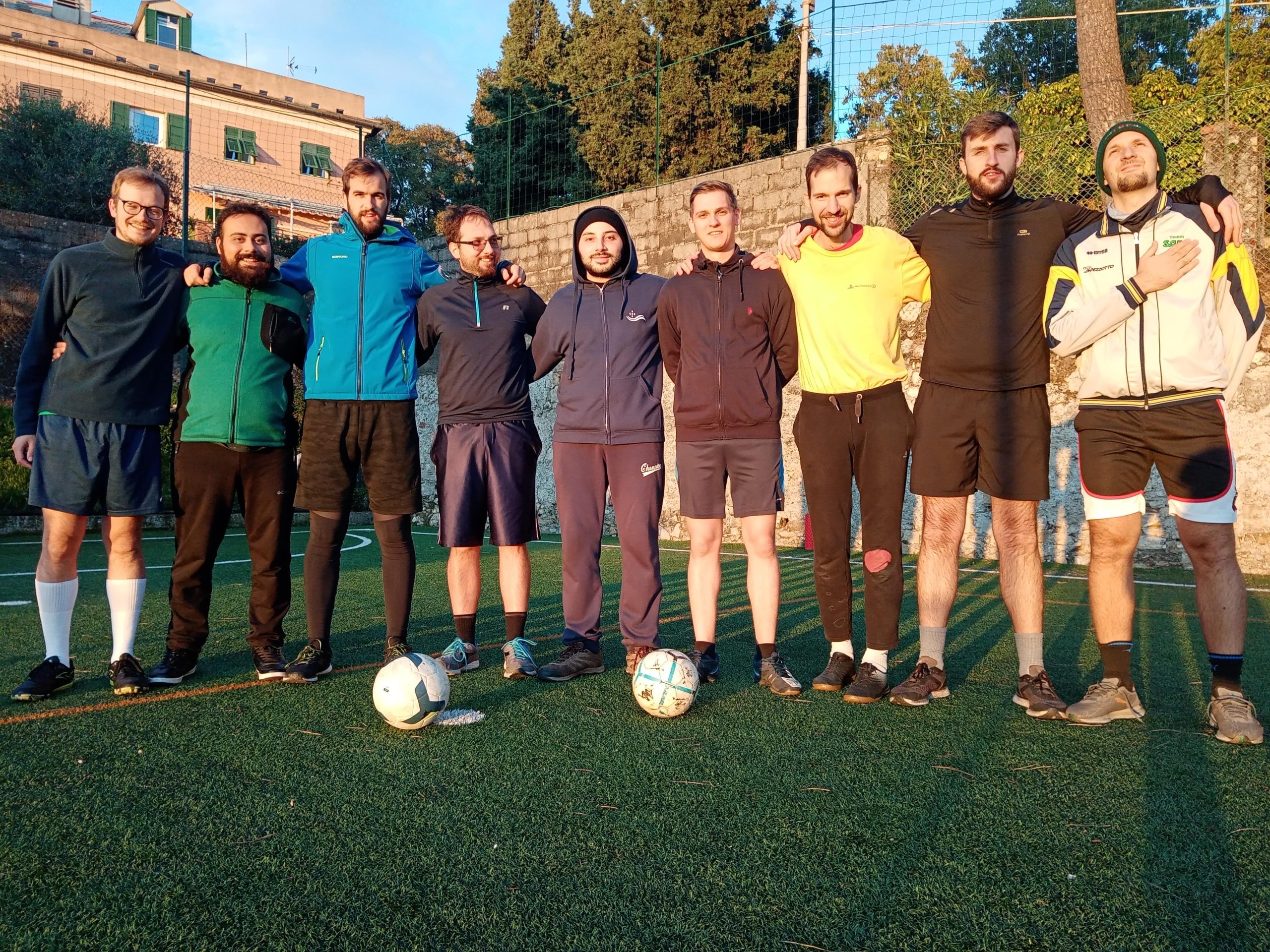

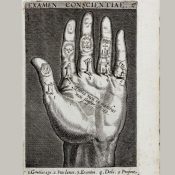



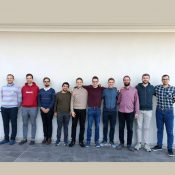





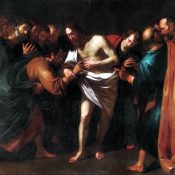


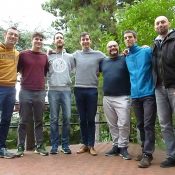

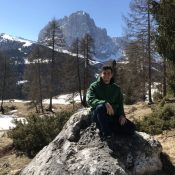
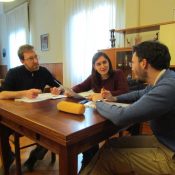
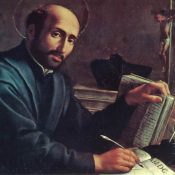
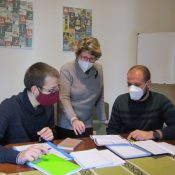


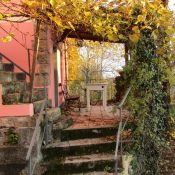
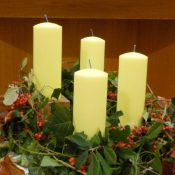


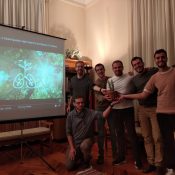

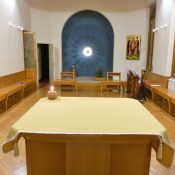


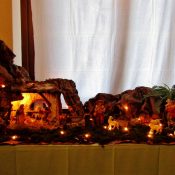




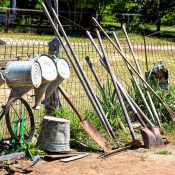



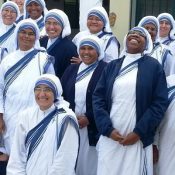






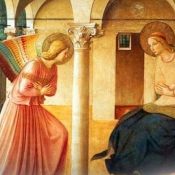


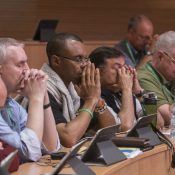

Comments